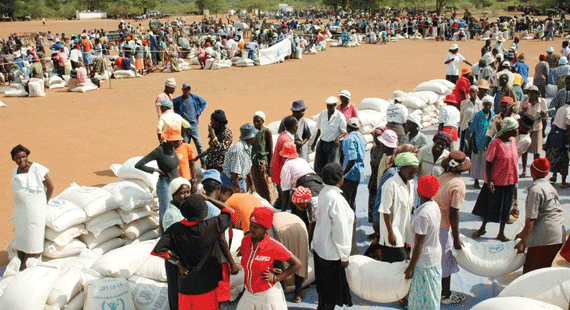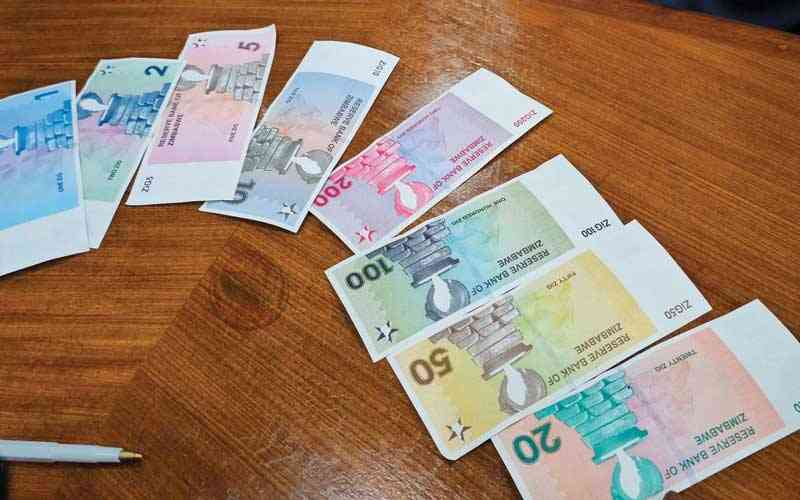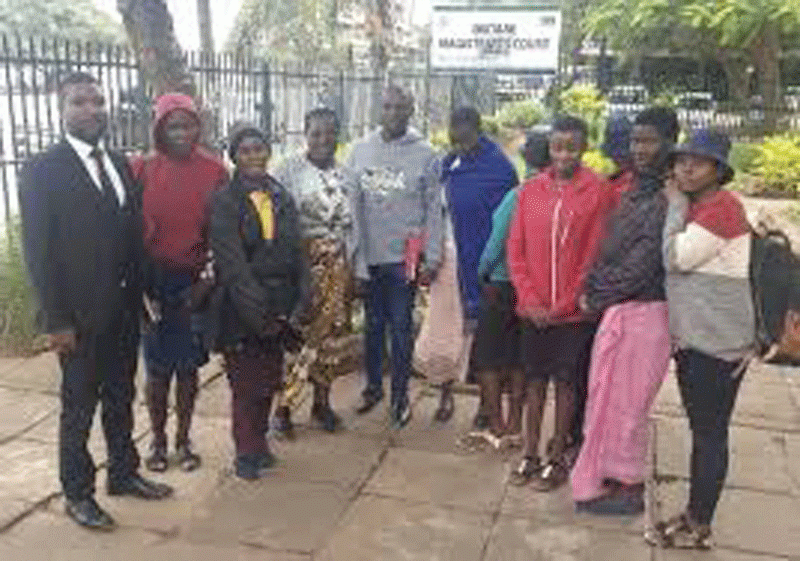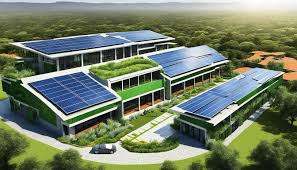
Zimbabwe is on the cusp of one of the worst droughts in living memory following a below normal rainfall season that is about to come to an end.
According to the Famine Early Warning Systems Network (FewsNet), the crop, water and pasture situation is not looking good across the country because February was one of the driest periods on record.
In its latest report, FewsNet says the prolonged dry spell and high temperatures led to wilting of crops, “especially in the southern, central, western and other deficit producing areas.”
The crisis was exacerbated by an African armyworm outbreak that was reported in the three Mashonaland provinces and Midlands in late January, which caused serious damage on crops.
Inflows into most dams across the country have been very low this season and cities such as Bulawayo are already battling serious water shortages. The low water levels in supply dams also spell doom for the winter farming season.
Farmers will also struggle to feed their livestock this year as pastures are already deteriorating.
Aid agencies estimate that 2.7 million people are already in need assistance with food as grain harvested from last season has been exhausted.
The government started rolling out food assistance across 56 of the country’s 60 districts last month, with selected households receiving rations comprising of 10kg of grain per month.
- Mavhunga puts DeMbare into Chibuku quarterfinals
- Bulls to charge into Zimbabwe gold stocks
- Ndiraya concerned as goals dry up
- Letters: How solar power is transforming African farms
Keep Reading
On the other hand, the World Food Programme has a humanitarian scheme targeting Buhera, Chivi, Mwenezi and Mangwe districts where it is distributing 8.5 kg of grain and o.6kg of vegetable oil to targeted households.
The food aid is obviously a drop in the ocean because there are far too many households that are food insecure across the country.
What makes the drought an even scarier prospect is that it is coming at a time when Zimbabwe is in the middle of another economic crisis characterised by high inflation and job losses.
It is, therefore, necessary that the government starts facing the reality and stop resorting to propaganda as has been the case before.
There must be proper planning to avert worse water shortages in urban areas and to ensure that vulnerable families receive consistent food aid.
The food rations that are currently being given to selected families must be increased and financial resources must be availed without delayed so that the programme covers more vulnerable households.
Farmers will have to be assisted to get supplement feed for their livestock before it is too late.











